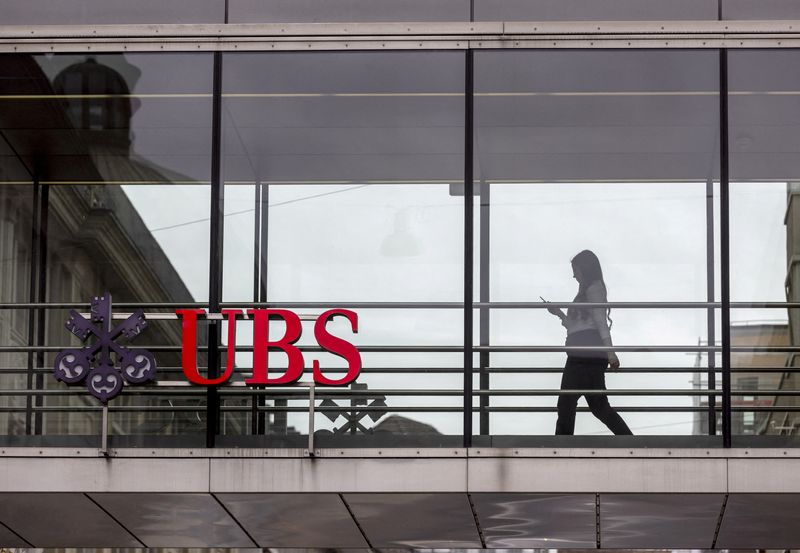ZURICH (Reuters) – The hole between one of the best and worst paid staff in Switzerland widened in 2023, with high managers incomes on common 143 occasions greater than their lowest paid workers, in response to a examine revealed by commerce union Unia on Monday.
The pay hole was up from 139 occasions in 2022, the examine stated, with the nation’s largest financial institution UBS having the biggest differential.
UBS didn’t instantly reply to a request for remark.
Pay on the financial institution has turn out to be a political speaking level, with Swiss Finance Minister Karin Keller-Sutter earlier this 12 months criticising UBS Chief Govt Sergio Ermotti’s 14.4 million Swiss franc ($16.99 million) 2023 compensation.
Drug maker Novartis (SIX:) had the second highest wage hole, with foodmaker Nestle third, the report stated.
Neither Novartis nor Nestle instantly replied to requests for remark.
By means of comparability, final 12 months in Britain, the median CEO earned 120 occasions greater than the nationwide median wage, in response to the Excessive Pay Centre, a suppose tank.
The Swiss pay hole is at its highest stage since 2019, when CEO salaries have been 148 occasions increased than the bottom, Unia stated.
“The gaps between the highest and lowest paid workers are huge and getting bigger,” stated Unia economist Noemie Zurlinden.
The report’s authors stated inequality in Switzerland had continued to rise though firms might afford to pay extra as they made massive dividend payouts and did share buybacks.
Whereas high earners are getting extra money, these on low and center incomes are seeing their spending energy lowered as actual wages have stagnated as a consequence of inflation, Zurlinden stated.

“It cannot be justified that the CEOs earn so much more than ordinary workers. A better redistribution of the economic gains is especially important in times of rising costs of living.”
($1 = 0.8475 Swiss francs)




